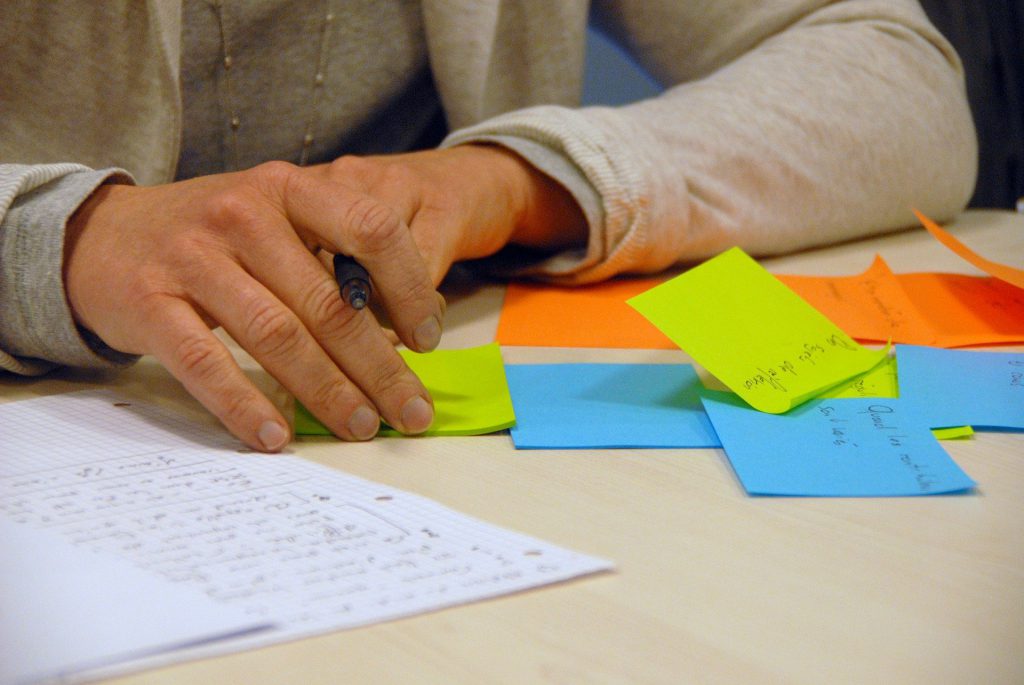|
width=”200″ height=”200″ />Here comes summer, and that means swimming pool season. Kids are breaking out the water noodles and beach balls. Adults dream of sunning on the poolside lounge or getting in a few laps. Your Trusted Choice® independent insurance agent may like an afternoon at the pool, too, but also wants you to enjoy lounging in the water, not waiting in the emergency room. Pool-related injuries send unfortunate thousands to the emergency room every year (see sidebar). When you think pool, think safety. The usual parental commands – “Stop running!” and “Don’t push your sister in the water!” – are helpful, but not enough. Here are a few valuable tips for preventing accidents at residential pools:
If you are a pool owner, this may also be the perfect time to schedule a comprehensive review of your homeowners coverages with your Trusted Choice agent. Be certain your current liability protection is adequate to protect you from allegations of negligence from anyone claiming injury from being in or around your pool and pool-related activities.Sources:https://www.travelers.com/prepare-prevent/home-property/home-maintenance-tips/swimming-pool-safety-and-maintenance-tips.aspx http://www.cpsc.gov/en/Newsroom/News-Releases/1974/CPSC-Issues-Swimming-Pool-Safety-Tips/ http://www.emcins.com/LossControl/insights/insights2008v41/poolsafety.aspx http://www.harleysvillegroup.com/losc/TRS/RS/RS1055.pdf |






